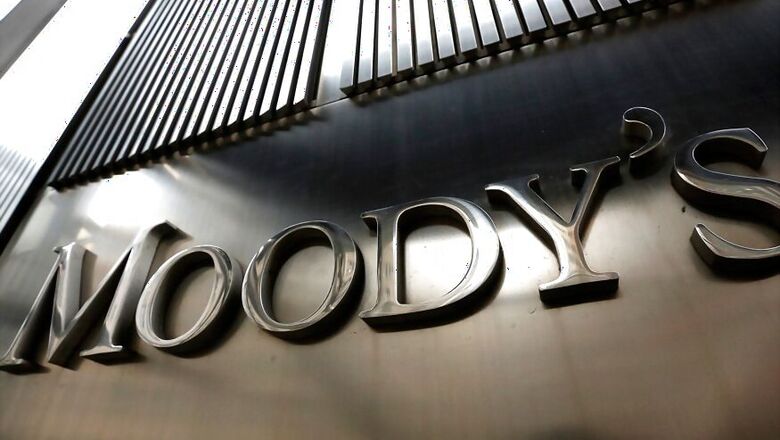
views
New Delhi: Efforts to consolidate 27 public sector banks into 8-10 large lenders create risks that could offset potential long-term benefits in the current weak economic environment, Moody's Investors Service said on Tuesday.
Moody's said India's banking system has witnessed an increase in non-performing assets (NPAs) since 2012, with many public sector banks (PSBs) having suffered significant deterioration in balance sheets as demonstrated by their asset quality metrics and capitalisation profile.
"As a result, no PSB currently has the financial strength to assume a consolidator role without leading to questions regarding its own credit standing, post-merger," it said in a report titled 'Banks India: Consolidation of Public Sector Banks Will Face Challenges Under Current Conditions'.
Its hypothetical analysis of acquisition of a weak bank by several larger PSBs in the system pointed to a likely significant deterioration in credit metrics for the surviving entity, which underscored the current broad weakness in the system's balance sheet.
"Adding to this financial pressure, all listed PSBs are now trading at a significant discount to their book value. This limits their ability to attract external capital to support potential acquisitions as doing so will be dilutive to current shareholders, particularly the Indian government," it said.
"Therefore, we believe that government support will be a crucial driver of the credit outcome in potential mergers, particularly in the form of equity capital, which will be required to shore up buffers of the acquiring bank before a merger is complete."
Moody's also expected strong challenges to come from employee unions who would react negatively to the prospective loss of jobs.
"The risk is the government and bank management would yield to these reactions and maintain the status quo, thus limiting the ability of the banks to extract meaningful synergies even if consolidation proceeds in a superficial sense," it said.
Furthermore, differences in employee compensation packages and other benefits could add to potential costs of a merger.
These concerns, it said, are reflected in the current proposed merger put forward by SBI, which has already met opposition from employee unions. The estimate is the merger of the associate banks would cost it up to Rs 3,000 crore due to differences in employee benefit schemes.
"Another credit driver is whether the government could facilitate the brokering of agreements with key stakeholders, including labor unions, which would allow the merger to realise the benefits mentioned above," it added.




















Comments
0 comment